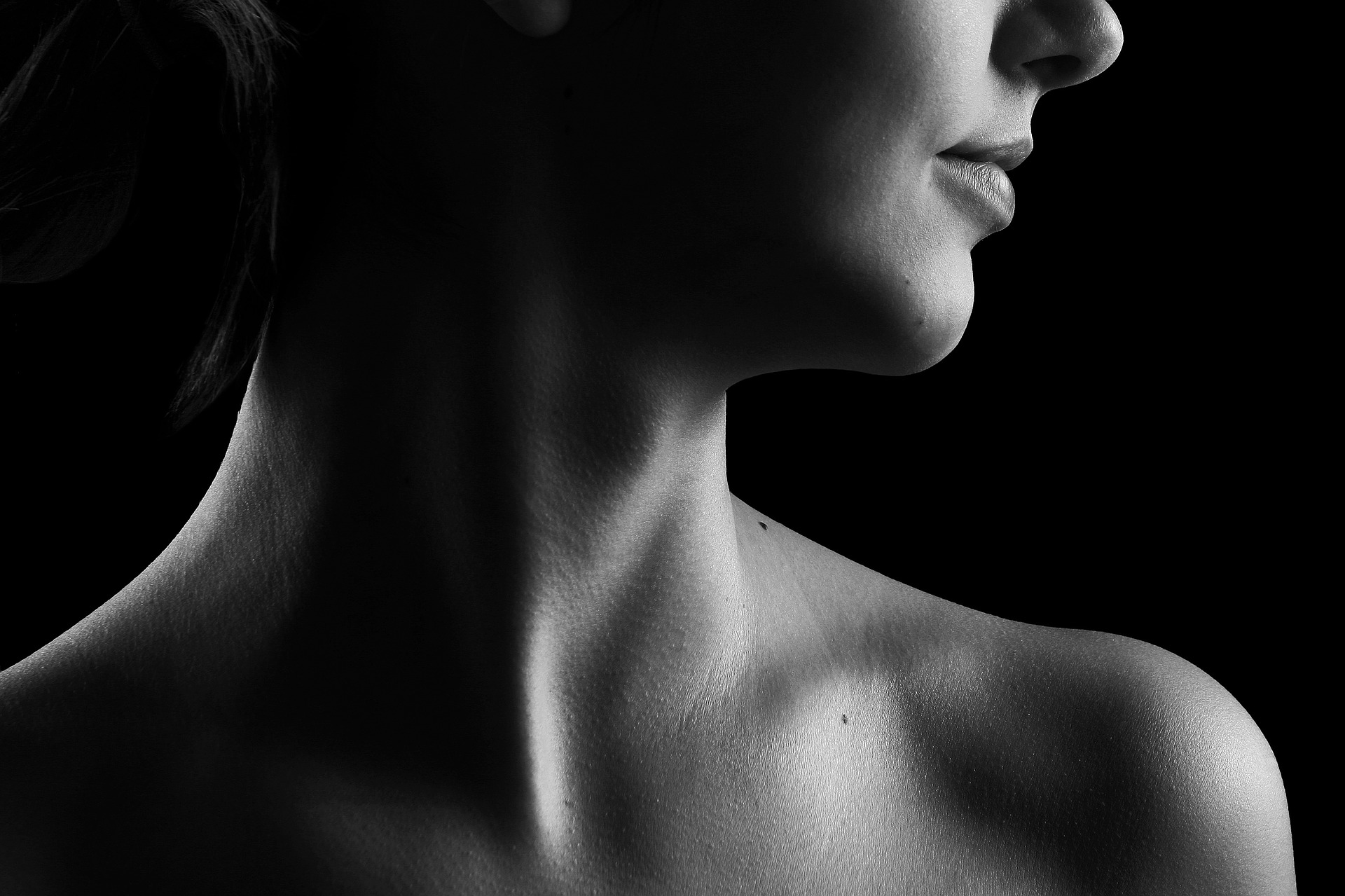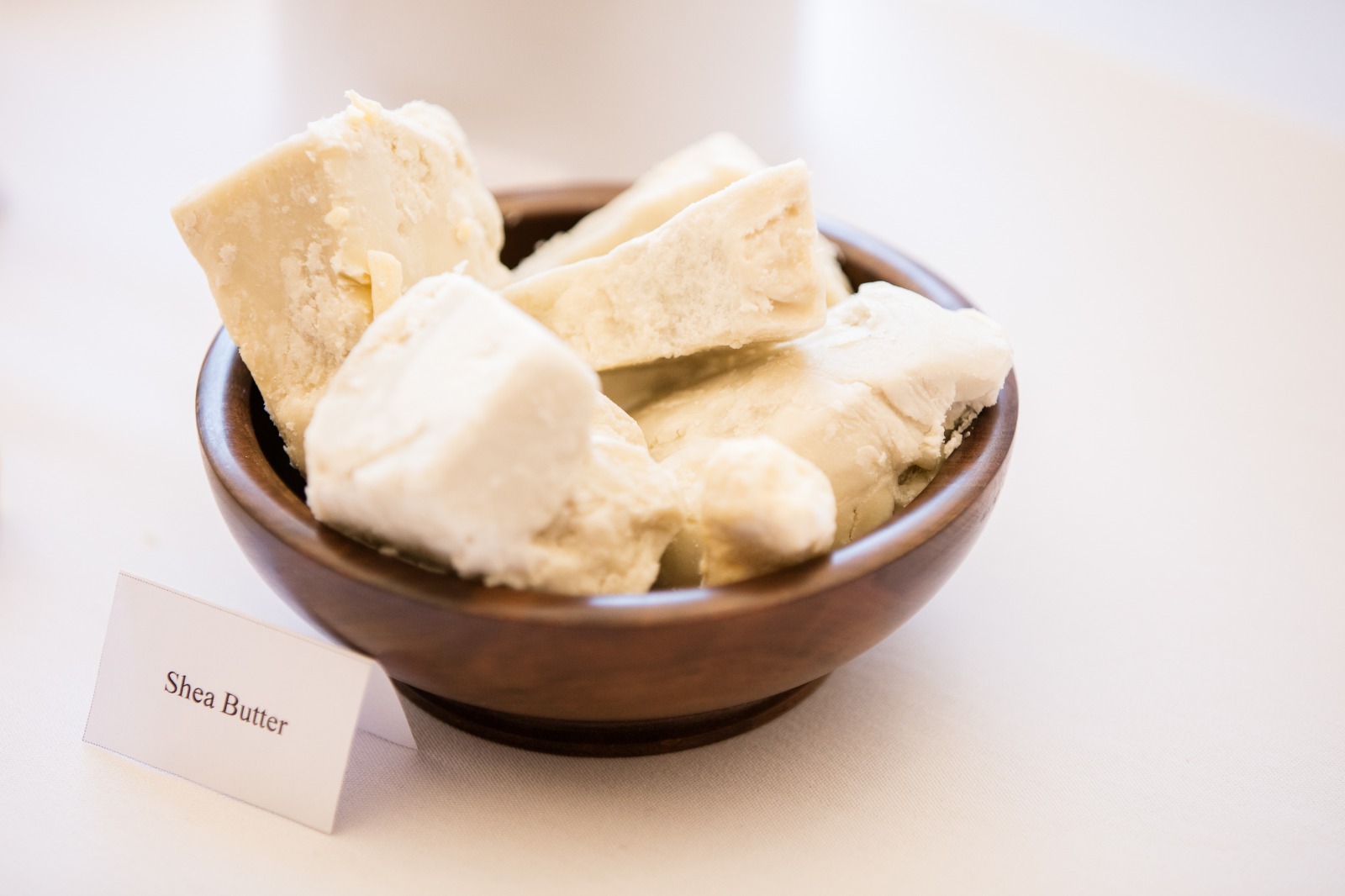Shea butter comes in three varieties: Shea butter is available in three forms: raw, unrefined, and refined. Raw shea butter is unprocessed, unrefined shea butter has been filtered, and refined shea butter has been refined and deodorized. You can use any of the shea butters described above, but if the natural nutty aroma of shea butter bothers your psoriasis skin, you can use refined shea butter that has been deodorized, albeit it may lack the nutrient richness and therapeutic power of raw/unrefined shea butter. You might also like to try Shea butter Nilotica, a rare variety of shea butter found only in East Africa. It contains a high amount of calming and lubricating oleic acid, which makes it so soft and creamy, as well as a mild nutty and pleasant aroma.
When applying shea butter, linoleic acid, oleic acid, stearic acid, and palmitic acid are absorbed into the skin. Since shea butter has not only a moisturizing property when used regularly but also a large proportion of its healing properties, it can treat many skin problems such as blemishes, wrinkles, itching, sunburn, small sores on the skin, eczema, skin allergies, insect bites, frostbite, and other skin ailments. If you are struggling with chronic skin conditions such as eczema, rosacea or psoriasis, the fats in Shea butter can help reduce inflammation.




